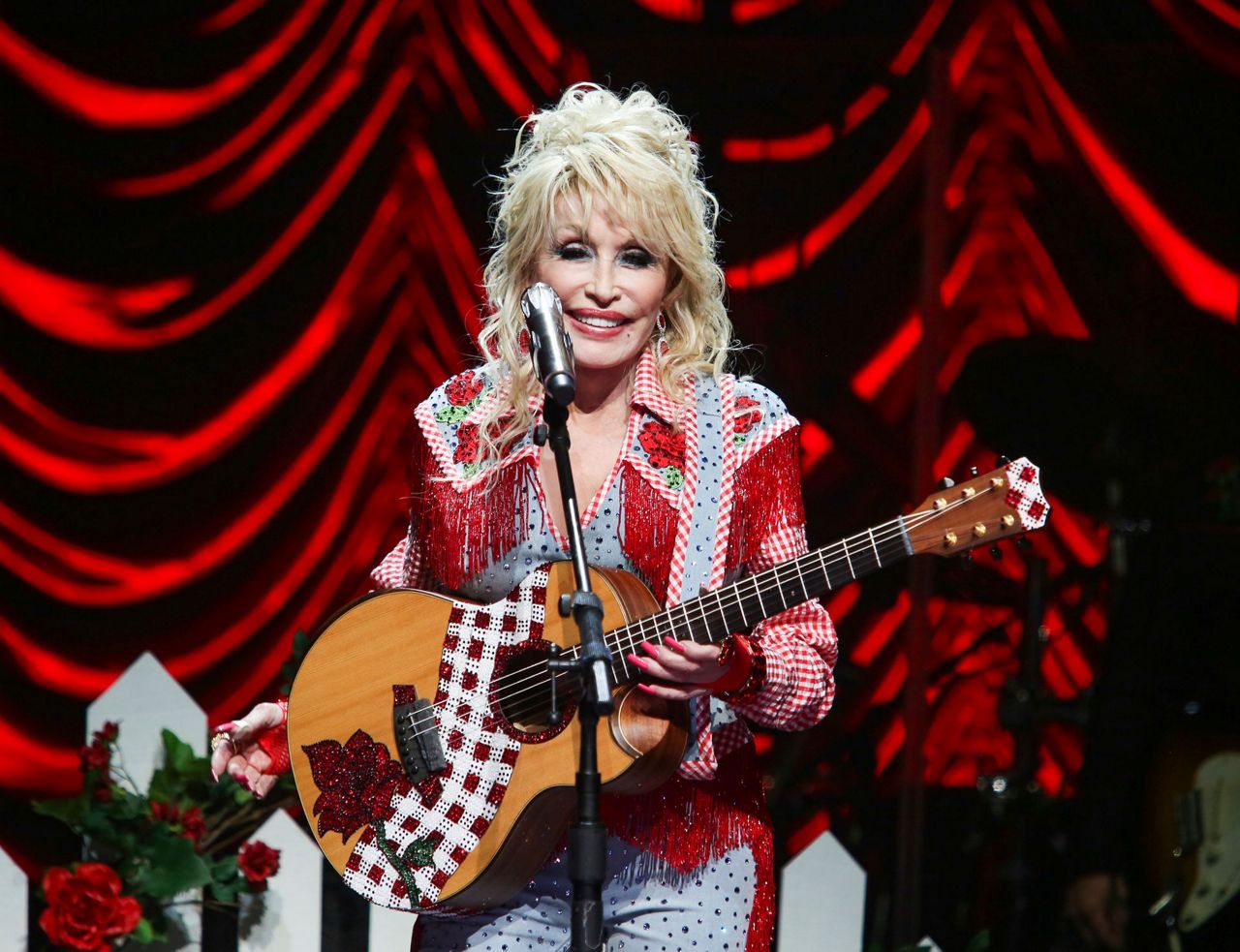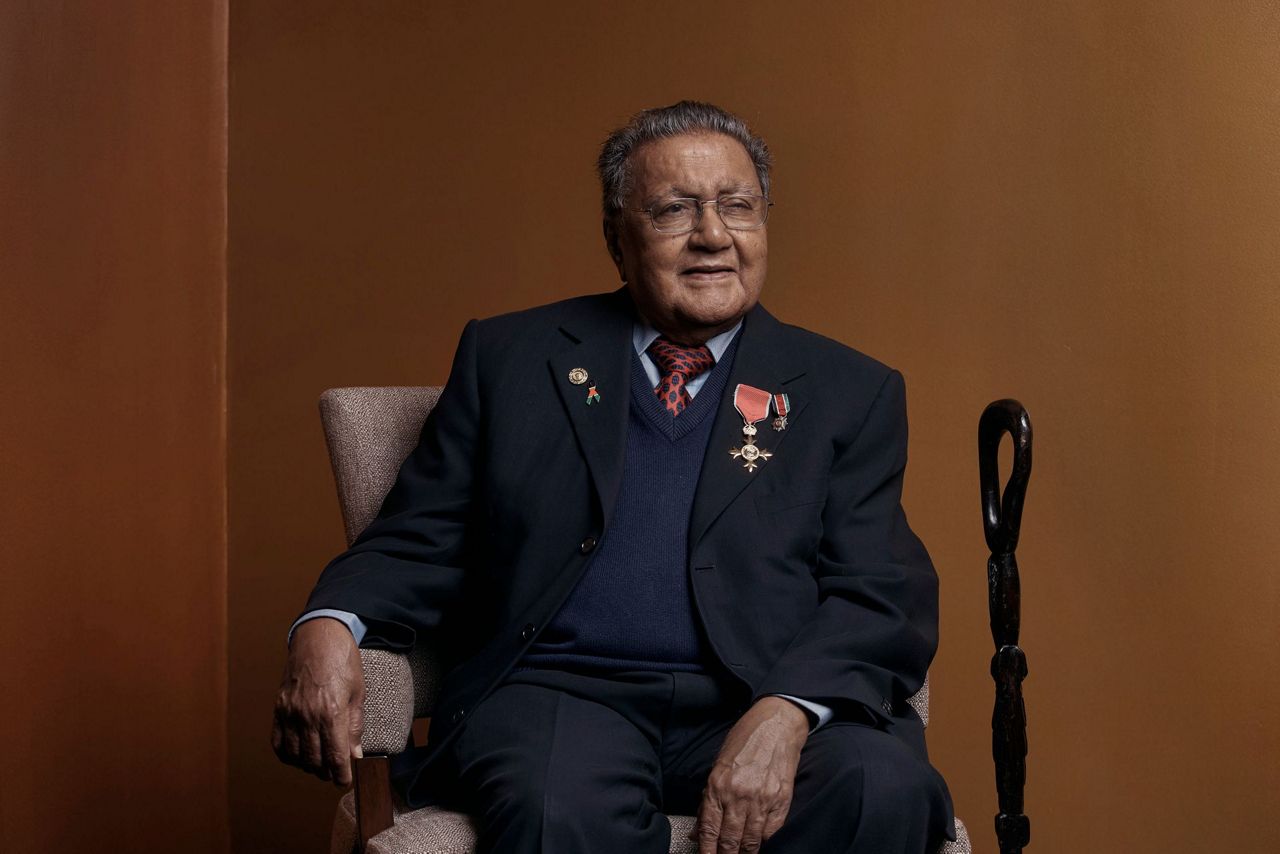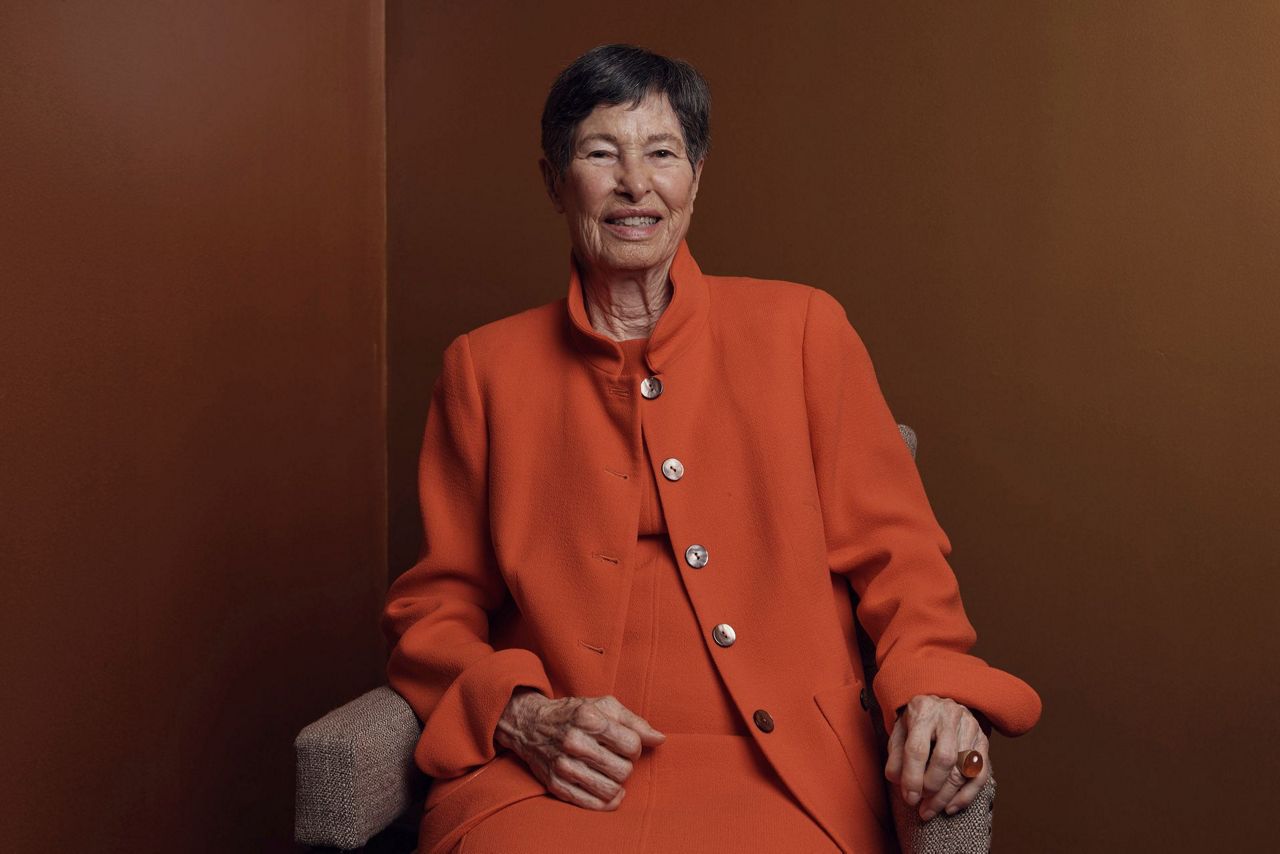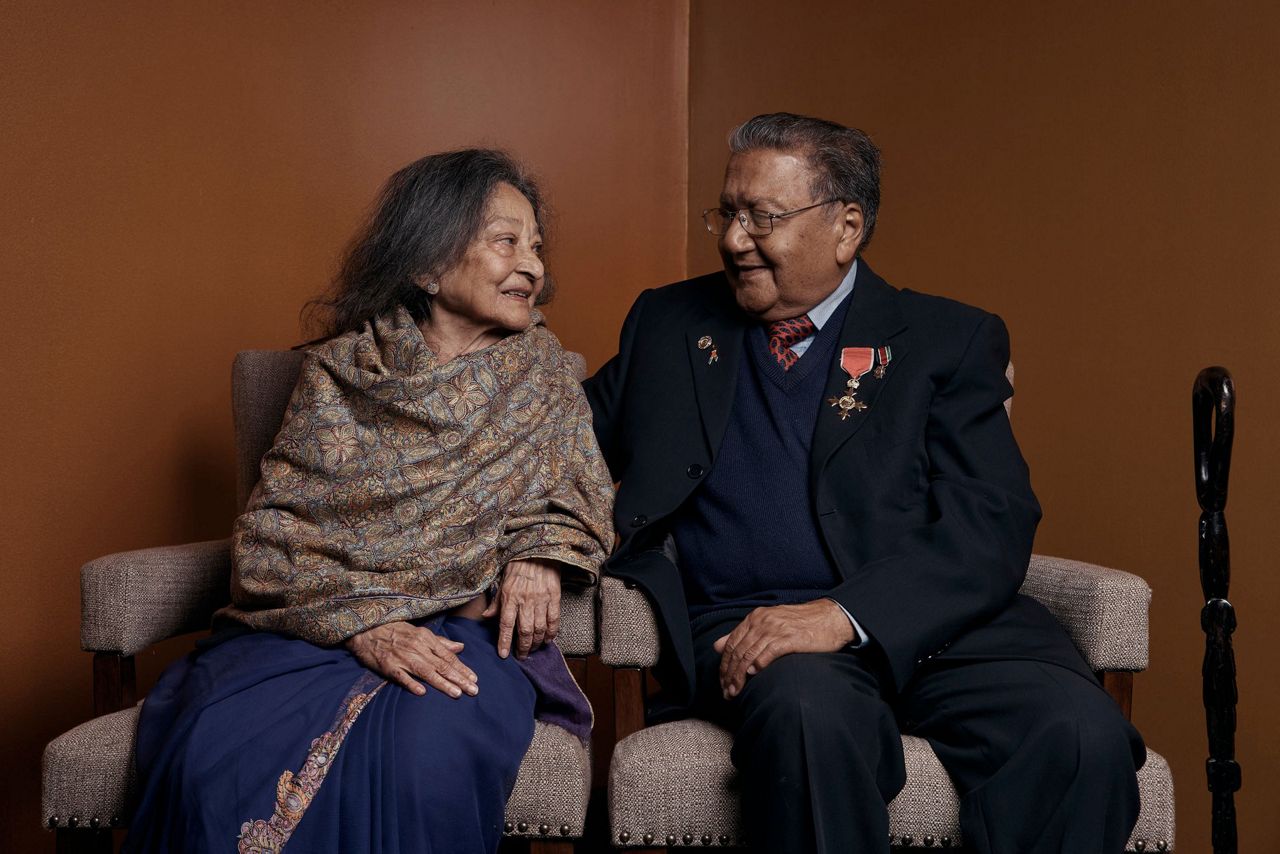NEW YORK (AP) — Dolly Parton was jokingly uncharitable after the crowd at the Carnegie Medal of Philanthropy ceremony tried singing along with her during her acceptance speech at Gotham Hall.
“That was terrible,” the Grammy-winning country superstar said after a muted sing-along of “Books, Books,” the song she wrote to support her Imagination Library initiative. That philanthropic program, which provides children under five a free book every month, was one of the reasons she was part of this year’s class of Carnegie Medal of Philanthropy honorees, as well as her donation to coronavirus vaccine research in 2020 that helped develop the Moderna vaccine.
“I’m very proud and honored to be a part of anything that is going to make the world a better place,” Parton said, adding that she was pleased to be celebrated along with Dallas entrepreneur Lyda Hill, Kenyan industrialist Manu Chandaria, and Lynn and Stacy Schusterman, from the Oklahoma investment family.
The ceremony Thursday night celebrated the 20th anniversary of the award, which was established in 2001 as the “Nobel Prize of philanthropy.” To mark the milestone, which was postponed a year due to the COVID-19 pandemic, the Carnegie institutions launched the Carnegie Catalyst award to “celebrate the transformative power of human kindness.” The award went to World Central Kitchen, the anti-hunger nonprofit founded by chef Jose Andres.
Stacy Schusterman, chair of the Schusterman Family Philanthropies, said she was proud to accept the award with her mother, Lynn, as the first mother-daughter team to be honored in the award’s history. However, she said there is also an urgent need for philanthropy to be more collaborative and to take on more challenges to improve society.
“The U.S. was founded with ideals we have yet to realize,” she said in her acceptance speech. “When we say, ‘All men are created equal,’ it is clear ‘men’ does not yet mean all Americans, including women, gender expansive people, and all ethnicities, races and religions.”
The Charles and Lynn Schusterman Family Foundation was established in 1987 to invest in systemic change in the United States and Israel on matters of justice and equity. When Charles died in 2000, Lynn Schusterman took over the foundation, expanding its work and becoming an outspoken advocate for inclusion, especially for the LGBTQ community. In 2018, their daughter Stacy Schusterman took over the foundation, which changed its name last year to Schusterman Family Philanthropies.
Schusterman Family Philanthropies donates more than $400 million annually in programs that focus on justice and equity in the United States and Israel, as well as work in reproductive equity, voting rights and criminal justice.
“Philanthropy alone cannot solve these problems,” Stacy Schusterman said. “But we do have a huge responsibility to be a partner at the table – to work in partnership with the people and communities most impacted, to take risks and to find solutions.”
Lyda Hill believes many solutions can come from science. “People will look back years from now and say, ’One of the things the pandemic did was that it brought science to the forefront and it advanced medical research,” Hill told the Associated Press in an interview before the ceremony. “But we can’t just have half the population doing the research for Pete’s sake. We need the whole population involved. That’s why we started If/Then… It’s a program to encourage young girls to go into science so they realize that’s a field they can go into. We need different thinking.”
Manu Chandaria didn’t keep the Carnegie Medal of Philanthropy around his neck for long. As soon as the photographs of him accepting the award were finished, he took the medal from his neck and put it around the neck of his great granddaughter. In his acceptance speech, he explained that it is important for philanthropists to pass on the reasons for giving to future generations.
The Chandaria Foundation was established in 1956, providing scholarships in Kenya, and has continued to expand to the point that now it builds education and healthcare infrastructure throughout Africa.
“In our giving, we want involvement,” he said. “It’s not just writing a check. And I think that this makes a lot of difference because the people know that these people are not going to just write a check and go away. We’re going to be there making very sure that the money is utilized properly and brings results.”
_____
Associated Press coverage of philanthropy and nonprofits receives support through the AP’s collaboration with The Conversation US, with funding from Lilly Endowment Inc. The AP is solely responsible for this content. For all of AP’s philanthropy coverage, visit https://apnews.com/hub/philanthropy.
Copyright 2022 The Associated Press. All rights reserved. This material may not be published, broadcast, rewritten or redistributed without permission.






